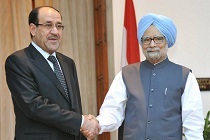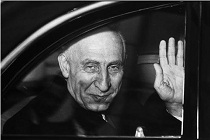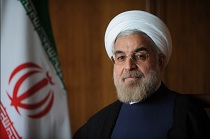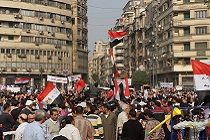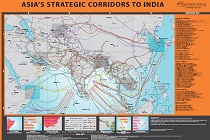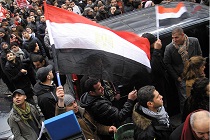Badi Soch: Worsening the chaos in Syria?
This daily column includes Gateway House’s Badi Soch – big thought – of the day’s foreign policy events. This Badi Soch deliberates on the repercussions of the U.S.' inclination for a military intervention in Syria


